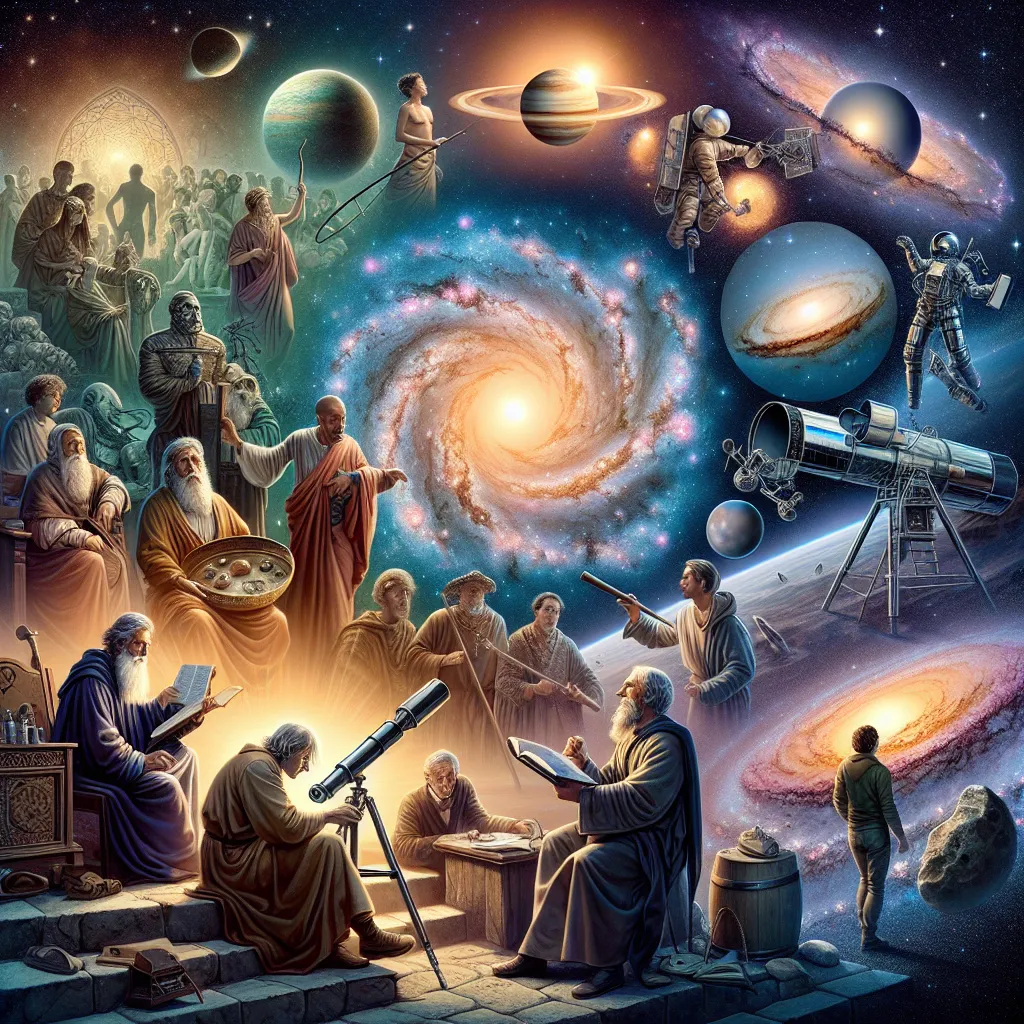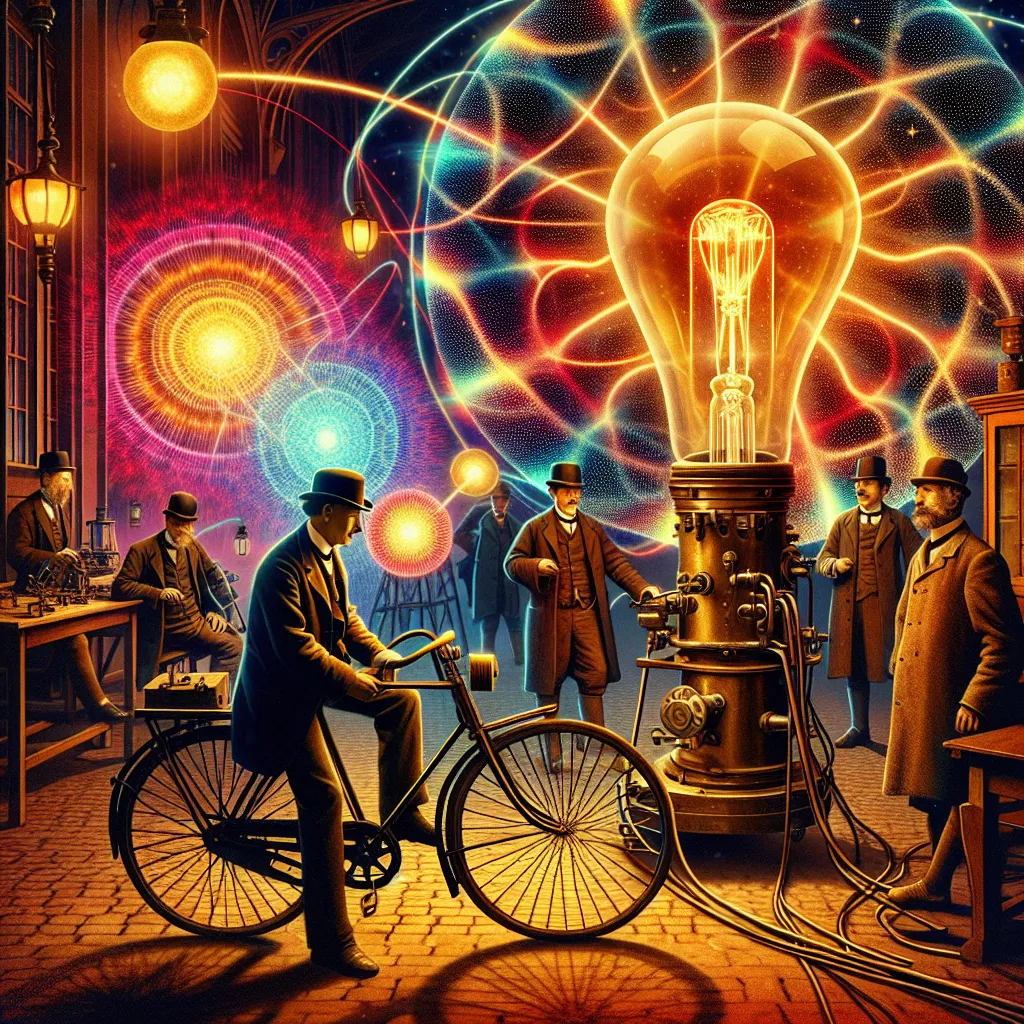So, imagine this: way back when, humanity’s view of the cosmos was pretty limited, relying solely on our naked eyes. For centuries, we saw stars as fixed points of light, spinning uniformly around us. People like Aristotle even coined the term “immutable heavens,” imagining a static universe with Earth at its center. However, a few ancient thinkers like Aristarchus dared to suggest otherwise, hinting that perhaps the Earth wasn’t the cosmic focal point after all.
Fast forward to the invention of the telescope in the early 1600s. It was a simple yet revolutionary tool. When Galileo pointed his telescope skyward, everything changed. Suddenly, our universe got a lot bigger. Not only did he spot the craggy landscape of the Moon, but he also discovered that Jupiter had its own moons, forever shifting our perspective from a geocentric model to a heliocentric one. Over time, people like Copernicus and Kepler refined these concepts, showing that planets, including Earth, orbited the Sun in ellipses rather than perfect circles.
But the most profound revelations came with advancements in telescope technology. The Hubble Space Telescope, launched in 1990, was a game-changer. With a clear view unhindered by Earth’s atmosphere, Hubble provided images that transformed our understanding of the cosmos. One of its significant contributions was the 10-day observation known as the Hubble Deep Field. This image revealed an astounding number of galaxies, previously thought to be an empty patch in the sky, taking us back almost to the very beginning of time.
Next up was the infrared astronomy era. Tools like NASA’s Spitzer Space Telescope pierced through cosmic dust, unveiling the birthplaces of stars and the hidden realms of planets forming. Spitzer, even past its prime, continued to amaze, proving some of the best astronomical discoveries aren’t always the ones we set out to find.
The search for exoplanets—the quest to find other worlds like our own—has been fueled by telescopes like Kepler. By staring at over 150,000 stars, Kepler spotted earth-sized planets in habitable zones, hinting at the breathtaking possibility of life elsewhere in the universe. This ongoing exploration has underscored the fact that our planet, while seemingly ordinary in the grand cosmic scheme, holds a unique place in our hearts, as we’re still the only known hosts of life.
With the launch of newer and more advanced telescopes like the James Webb Space Telescope, our cosmic journey is far from over. Webb, with its massive gold-plated mirrors and advanced infrared capabilities, is set to peer even deeper into space, aiming to witness the birth of the first galaxies and black holes.
The evolution of our understanding, from Aristotle’s fixed stars to the revelations of Hubble and beyond, demonstrates humanity’s perpetual drive to uncover the secrets of the cosmos. With each new discovery, we learn more about our universe and ourselves, reminding us that our quest for knowledge is as infinite as the cosmos itself.






